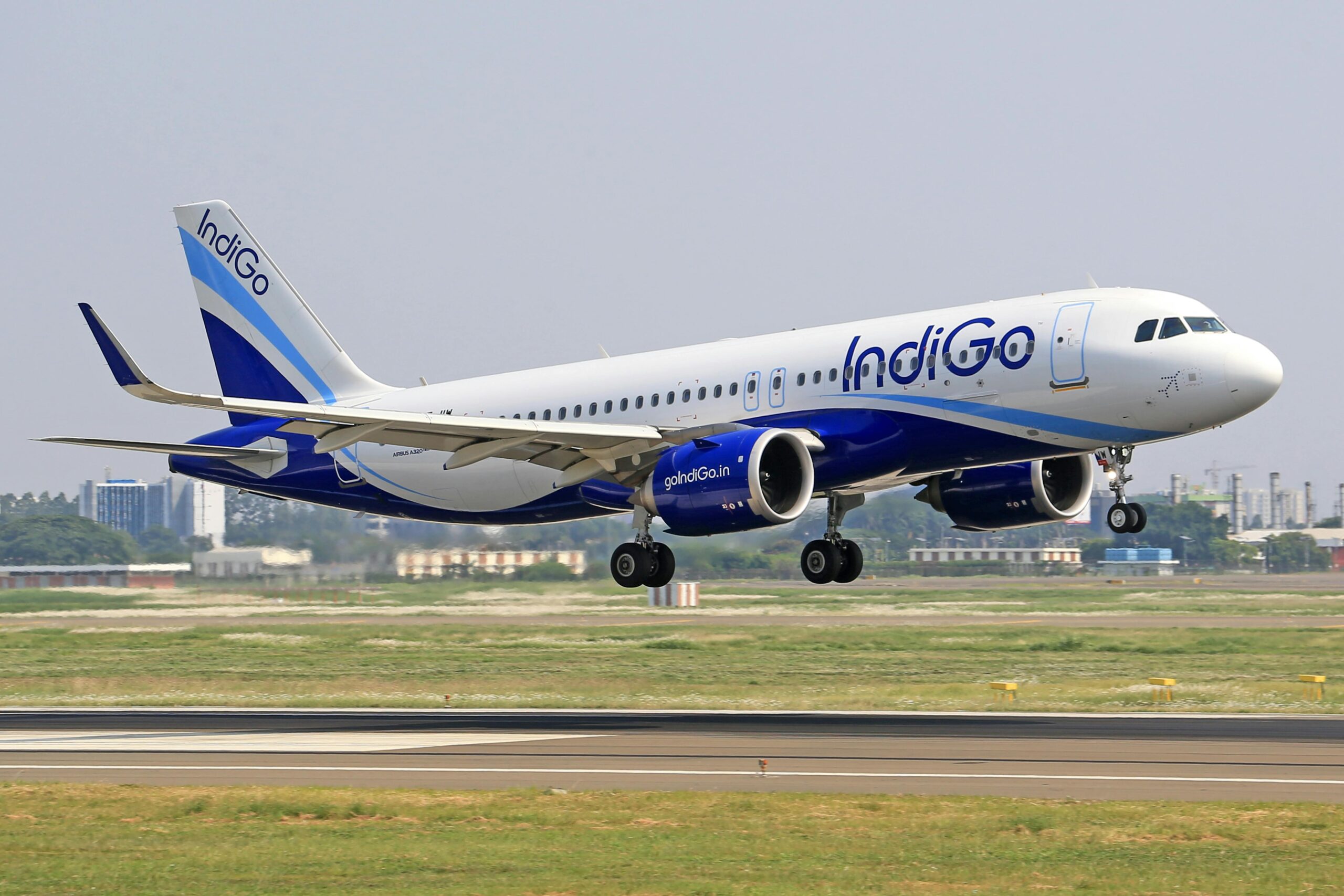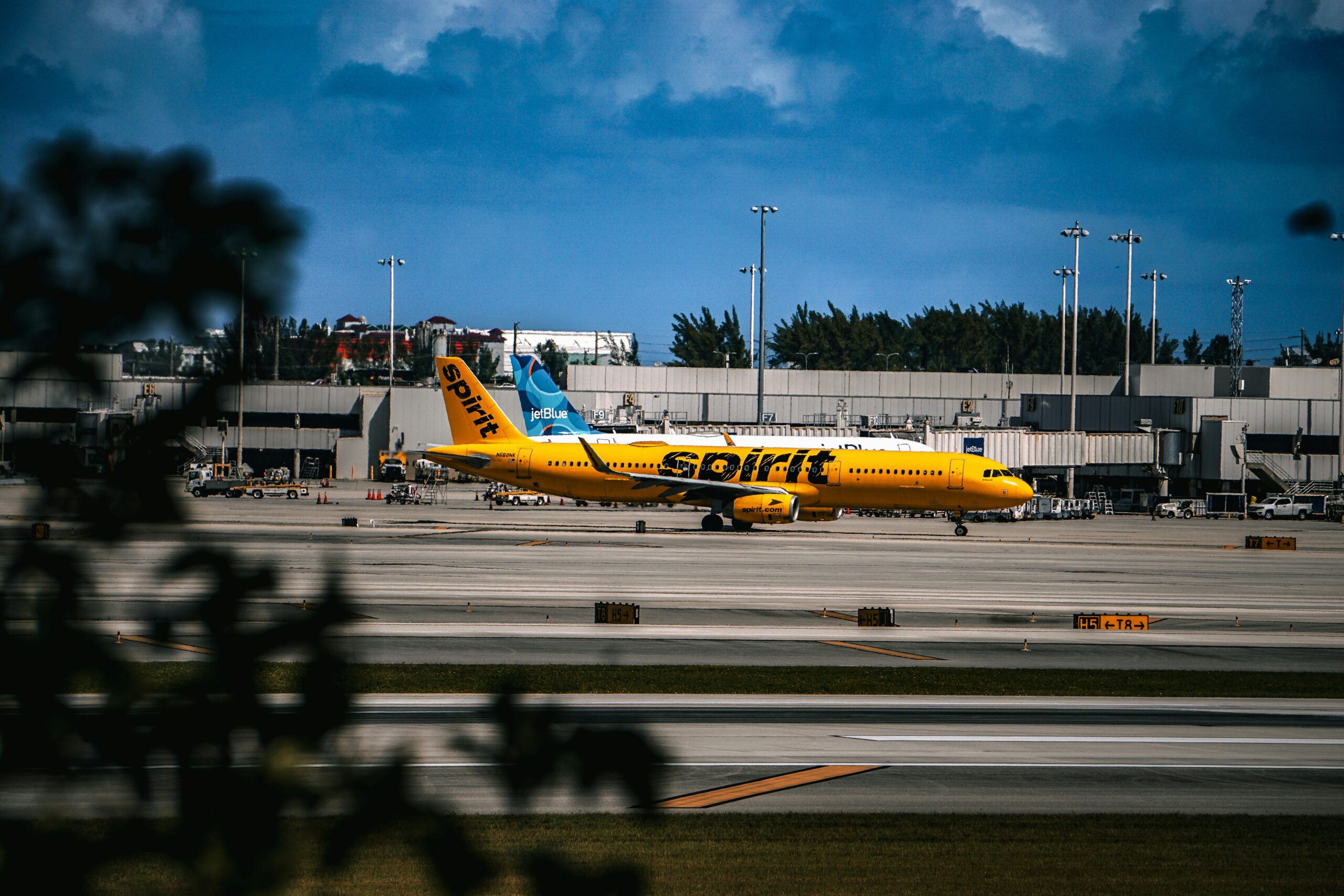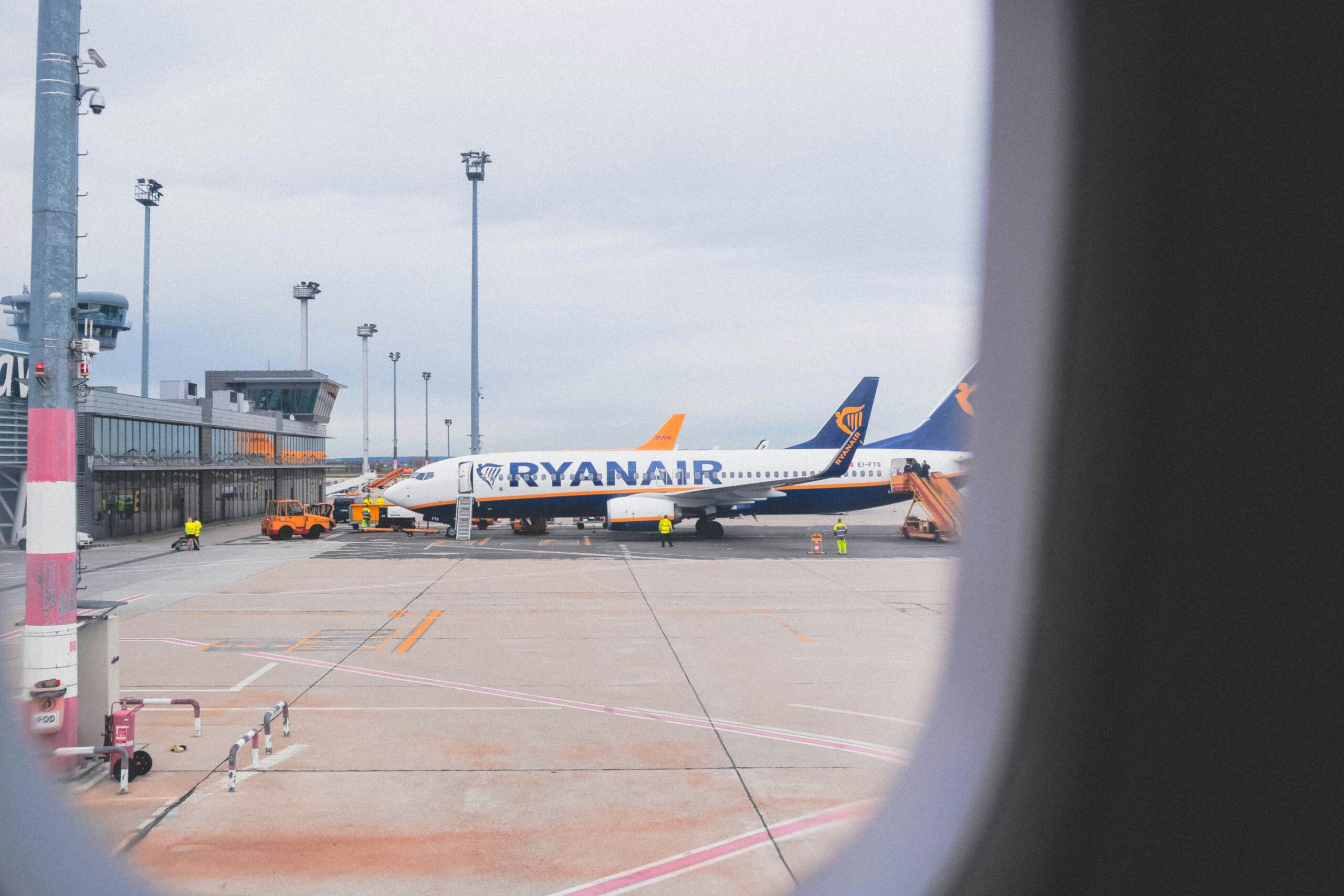The global tourism and travel industry faces a new challenge as IndiGo, India’s largest low-cost carrier, deals with the sudden closure of Pakistan’s airspace. On April 25, 2025, the airline confirmed that around 50 international routes had been disrupted, affecting travelers across multiple destinations. Routes to Central Asia, including Almaty, Kazakhstan, and Tashkent, Uzbekistan, were heavily impacted. These cancellations, effective from April 27 to May 7, 2025, forced the airline to reconsider its operational strategy.
The airspace closure follows rising geopolitical tensions in the region, triggered by recent terror attacks. IndiGo canceled flights to these key cities, impacting both leisure and business travelers. The suspension of services highlights how air travel directly impacts regional tourism economies, which can suffer from unexpected disruptions.
With limited flight routes, airlines now face higher operational costs. Fuel consumption increases due to longer flight paths. Scheduling challenges and more frequent aircraft maintenance demand further complicate operations. The disruptions may also raise ticket prices, making affected destinations less competitive compared to others. Central Asia, which depends on international tourism, could see a drop in visitors, especially from India’s growing outbound market.
IndiGo acted swiftly to reduce customer inconvenience by offering flexible rebooking options and full refunds where applicable. This approach is key to maintaining consumer trust during disruptions. Despite the airspace closure, IndiGo’s response shows how adaptability and clear communication can protect both the airline’s reputation and the broader tourism industry’s momentum.
Related stories:
Catch up on the top stories and travel deals by subscribing to our newsletter!












Leave a Reply